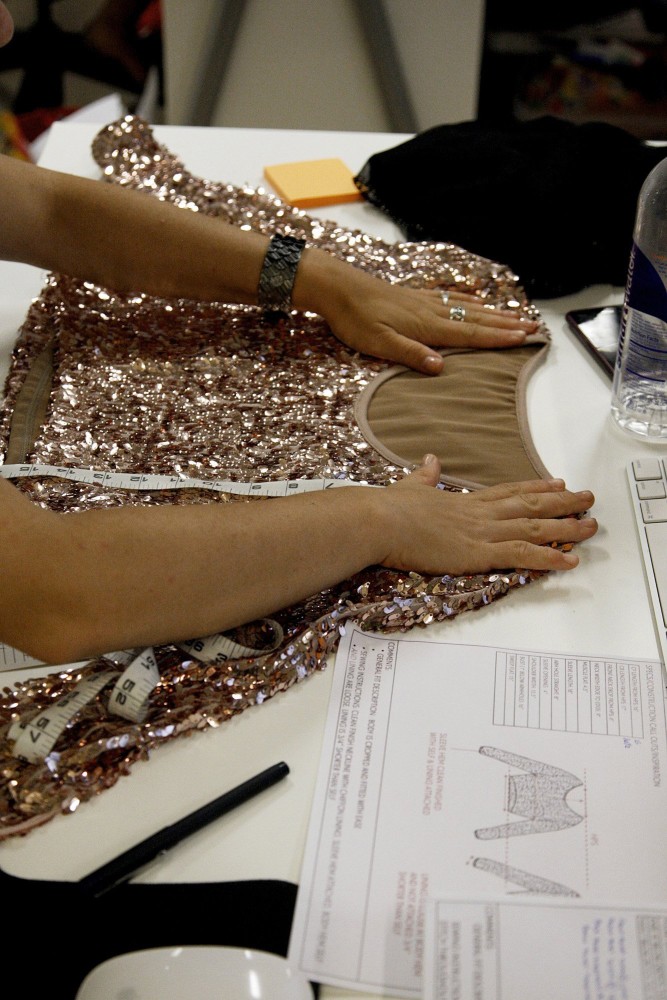By David Fondler
Pioneer Press, St. Paul, Minn.
Terri Krivosha urges budding entrepreneurs to start at the end of their business and work backward. This means playing your end-game before you’ve even made the first move.
This is just one of the seemingly counter intuitive tidbits in a short “Quick Prep” book the Minneapolis attorney recently put out, “Founding a startup: What you need to know.”
Krivosha, a partner at Maslon Edelman Borman & Brand who also teaches at William Mitchell College of Law, is passionate about business growth at the personal level.
“(Tech evangelist) Guy Kawasaki would tell you, first you have to figure out how to make meaning. If you’re just going to go into a business to make money, it’s probably not going to work.”
Again, counter intuitive.
Krivosha co-hosted a seminar for health care startups at Hamline University during the recently concluded Twin Cities Startup Week, which included the Minnesota Cup competition.
Question: Tell us a bit about Startup Week and the Minnesota Cup.
A: “Startup week is a great opportunity to meet people. The Minnesota Cup itself is a great process, because they will assign you a mentor, and it is a competition. The winners get some money, but I’ve heard from most clients that the process is what is so valuable.
“They take you through a process of developing a business plan, giving you a mentor, figuring out how to make a pitch, and it’s invaluable in terms of just understanding what you need to know. That’s the best way to do it.”
Question: How does this fit into the overall picture for starting a business?
A: “I would say in the Twin Cites, the way that most businesses develop is through networking, that’s the way you build teams. This is a city where more people find jobs through networking than through looking at postings. And there’s lots of opportunities.”
(The big winner of the Minnesota Cup was 75F, a Mankato startup whose technology helps businesses manage and predict climate control needs through wireless technology. The company took home awards and grants of about $105,000.)
Question: What types of business have you worked with?
A: “Really all over the board. Everything from software as a service to manufacturing businesses to consulting businesses; I represent some very entrepreneurial physicians.
“I’ve never wanted to focus on a particular industry, because I think by knowing a lot about many different industries, I can help a client and say, ‘when working in that industry, here’s what they did.’ ”
Question: It seem like your book is geared toward entrepreneurs who are trying to make something: manufacturing, software, high tech. Could this apply to someone who wants to run a restaurant or a dry cleaners, say?
A: “It is more focused on a product, because in order to grow and scale a business to sell, you definitely need some kind of product.
“The book talks about what happens if you decide you want to get investors. Some businesses don’t. Some decide they want to bootstrap; about half the businesses I represent are self-funded, and half have outside funding, so very different dynamics.
“When you’re self-funded, you only have yourself to answer to; if you have investors, you have to answer to them.
“Restaurants are tough, but we have worked with companies that have started one restaurant and then scaled them, so absolutely.
“And so if you want to have a business that will continue to throw off some cash and maintain your lifestyle, that’s kind of a different trajectory. What I’ve talked about is typically businesses with entrepreneurs that want to grow them and scale them and sell them.”
Question: In the book, you talk extensively about business plans, financial statements, valuations, equity splitting; is there a fear that someone will read this and just be intimidated by all that is required?
A: “Businesses succeed because of the teams they form, not necessarily because of the ideas, because ideas change. So the most important advice I could give to someone who has a good idea is to find a mentor or someone who has started a business, to help you understand the business part of it. Because you can’t just start a business with a good idea.
“And I’ve tried to write this book in a way that it’s accessible.
“If you’re going to get investors, you have to have financial statements and projections. You don’t necessarily have to do them yourself; you just have to affiliate with somebody who can help you, and whom your investors trust.”
Question: So you really have to have a number of talents to be a successful entrepreneur.
A: “Absolutely, you can’t just have a good idea. I’m sure there have been businesses that have succeeded just based on a good idea. But it is more often than not that the team is what helps a business succeed.
“I’ve talked to investors who will say, ‘I’ll invest with this guy no matter what he does, I just trust him, I know he’ll be able to grow a business, I don’t care what the idea is.’
“And even if you’re not looking for outside investors, you want to be able to look at yourself at the end of the year and your business, and answer, ‘did accomplish what we started out to do?’ ”














































































































































































































































































































































































